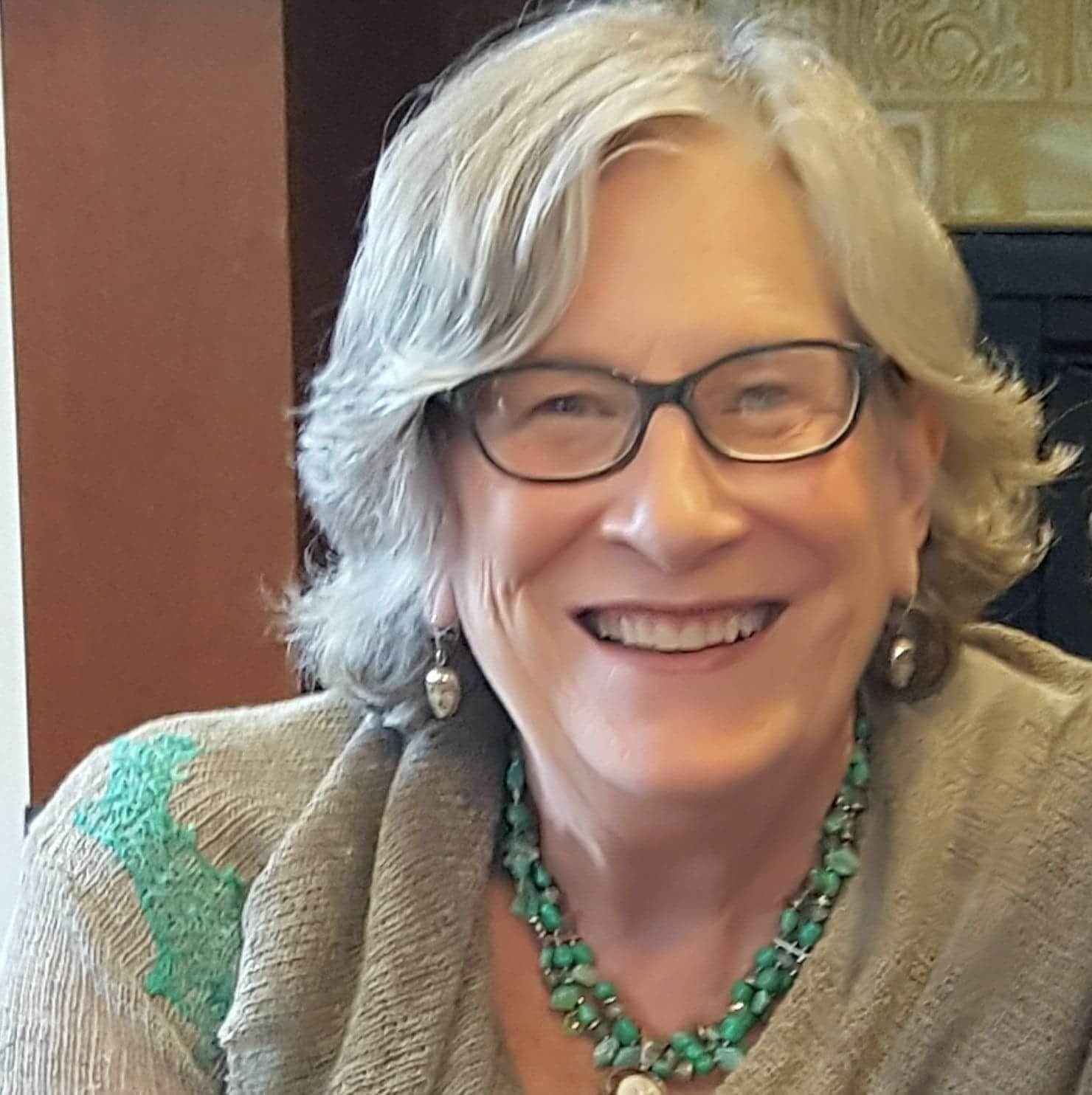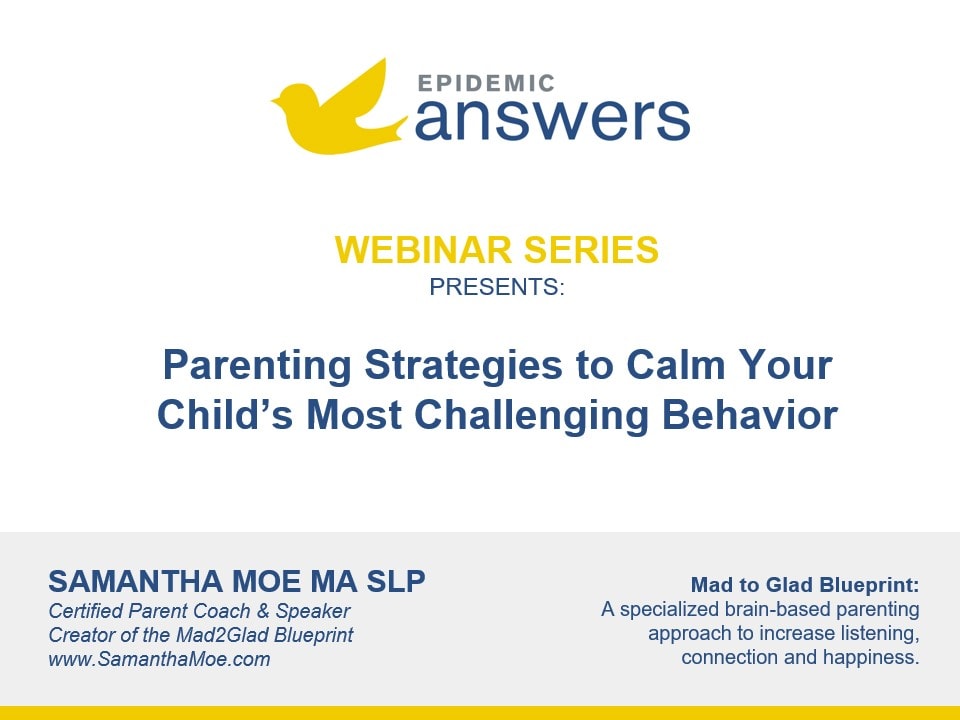In this blog post, Patricia S. Lemer explores educational alternatives such as homeschooling and charter schools for children with autism, SPD, LD and ADHD.
Imagine — a ten year old boy attending his fifth school in six years! His mother consulted me last spring, hopeful that I knew about a special place where her son with Asperger’s syndrome would thrive, not just be tolerated. Unfortunately, there is no such place, I told her. She described a wish to start a new school for her son and others like him. She wanted a challenging cognitive curriculum, an art room, computers, hands-on science, and other experiential activities that respected her son’s sensory needs to touch and move, and his interest in technology.
Today, he and a peer work together in a close-to-ideal classroom. Although many other families expressed interest in such a project and came to preliminary meetings, they all made other arrangements for fall. Some returned to public schools, determined to fight harder for their children’s rights. A few found places in forgiving independent schools. The most frustrated turned to homeschooling, or “unschooling” in a controlled environment.
Why Homeschool?
What forces drive parents to stay at home, convinced that they can do a better job than their local jurisdictions at educating their kids? Cindy is not alone. In 1998, about 1.5 million students in the U.S. were homeschooled, five times the estimated number a decade before. Many of these are children with special needs who are not being serviced appropriately in the public schools. Their parents are tired of slaving over IEPs that no one reads, and of having the sensory issues that are driving unmanageable behaviors ignored. Instead of putting their energies and money into lawyers and filing for due process, these families have “walked.” They have found compatriots on the Internet, formed local websites with calendars of events and chat rooms, and exchanged information through monthly newsletters.
For homeschoolers, the fear of inadequate socialization is no longer necessary. Bowling leagues, choruses and soccer leagues made up of home-schooled families from observant Jewish and devout Christian communities are flourishing. Children with PDD-NOS and autism join typical kids to visit farms, zoos and museums.
Occupational and speech-language therapies, when appropriate, can still be delivered at the local public school during the day. Inclusion, mainstreaming, modifications and accommodations are non-issues.
NATHHAN, the National Challenged Homeschoolers Associated Network, contends that their members’ children make far better gains than they did in public school. Their premise is supported by a preliminary study done by psychologist Steven Duvall in which the progress of four students with learning disabilities was tracked. Their gains are impressive. With only a few hours of “school” each day, parents report that their kids are happy, no longer need medications, get many more movement experiences, and eat and sleep better.
Teachers Demand a New Curriculum
Not only parents have revolted. In West York, Pennsylvania, ten years ago, primary teachers demanded a new curriculum. They felt that many of their kindergartners and first graders were unready for the academic demands being made on them. The administration listened. The teachers found Dr. Harry Wachs, who co-wrote Thinking Goes to School. In the West York program, medication is rarely needed, and the number of children requiring services for the learning disabled in third grade has dropped dramatically.
I recently asked a seasoned educational consultant, “What can we do about schools that push academics prematurely and have a ‘one-size-fits-all’ philosophy?” This gentle woman responded, “The only solution is to blow them up!”
Charter Schools an Option
On bad days I think this drastic measure may be the only fix. However, yesterday was a good day. I was encouraged after attending a hearing in Annapolis on the need for charter schools in Maryland. According to the Center for Educational Reform, 29 states and the District of Columbia now have laws allowing for charter schools. Almost 800 are in operation with another 500 approved to open this fall.
In Conclusion
We desperately need educational alternatives for children who are developmentally at risk, schools that follow sound developmental principles without unnecessary labeling, schools for children healing from ADHD and autism, schools where diet, movement, vision, music and sensory experiences lay the foundation for learning.
Dare we dream that one day there will be a choice of programs for every child? Yes! Please let us know of any charter schools or homeschooling groups which you know. We would love to visit and clone them. In a future edition, we hope to publish a list of home schooling and charter school resources culled from your suggestions.
About Patricia S. Lemer LPC MEd
Patricia S. Lemer is a licensed professional counselor, holding a Masters of Education in counseling and learning disabilities from Boston College and a Masters in Business from Johns Hopkins University. She practiced as an educational diagnostician for over 40 years.
She was a co-founder and served as Executive Director of the international non-profit organization Developmental Delay Resources (DDR). After DDR merged with Epidemic Answers, she became Chairman of the Board. When she retired from the board, she became an emeritus board member.

She is the author of three books, the most recent of which is Outsmarting Autism, Updated and Expanded: Build Healthy Foundations for Communication, Socialization, and Behavior at All Ages (North Atlantic Books, 2019).
Lemer wrote over 50 editorials for "New Developments," the quarterly newsletter of Developmental Delay Resources (DDR), from 1995 - 2009. When DDR wound down, she wrote an online blog, "After the Diagnosis, Then What?" from 2009-2017. Her articles and blogs have been updated and archived on the Epidemic Answers website.
Since 2019, Patricia Lemer has recorded a bimonthly podcast, "The Autism Detective." In these hour-long shows, she interviews parents and professionals about their experiences in maximizing the potential of individuals on the autism spectrum. Over 100 episodes are available on Spotify and other online platforms. To learn more, go to PatriciaLemer.com and OutsmartingAutism.com
Still Looking for Answers?
Visit the Epidemic Answers Practitioner Directory to find a practitioner near you.
Join us inside our online membership community for parents, Healing Together, where you’ll find even more healing resources, expert guidance, and a community to support you every step of your child’s healing journey.
Sources & References
Duvall, S. F., Delquadri, J. C., & Ward, D. L. (2004). A Preliminary Investigation of the Effectiveness of Homeschool Instructional Environments for Students With Attention-Deficit/Hyperactivity Disorder. School Psychology Review, 33(1), 140–158.
Duvall, S. F., Ward, D. L., Delquadri, J. C., & Greenwood, C. R. (1997). An exploratory study of home school instructional environments and their effects on the basic skills of students with learning disabilities. Education and Treatment of Children, 20(2), 150–172.
Resources
Books
Cooper, Bruce. Homeschooling in Full View, a Reader. Greenwich, CT: Information Age Publishing, 2005.
Cooper, Bruce, et al. Homeschooling in New View. Greenwich, CT: Information Age Publishing, 2016.
Furth, Hans. Thinking Goes to School: Piaget’s Theory in Practice. Oxford University Press, 1975.
Websites
HSLDA (Home School Legal Defense Association)
NATHHAN (National Challenged Homeschoolers Associated Network)




